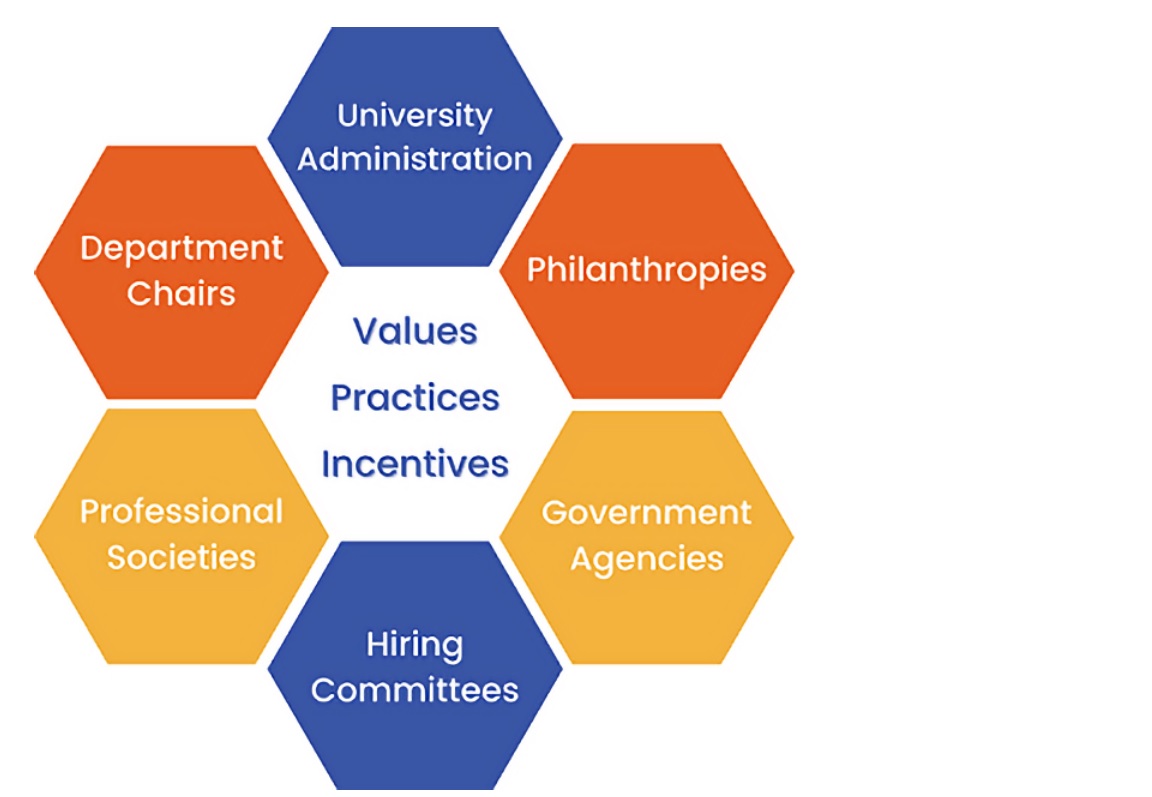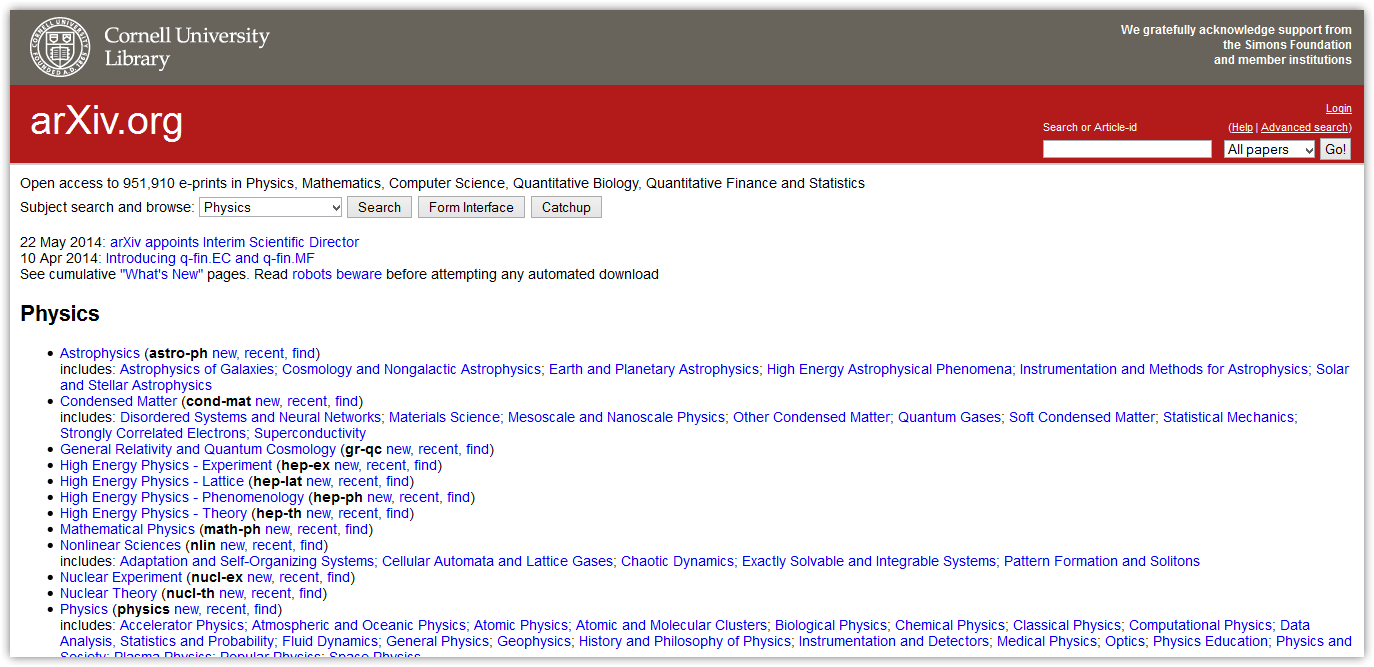Yesterday, the preprint repositories bioRxiv/medRxiv and arXiv released coordinated statements on the recent memo on open science from the White House Office of Science and Technology Policy. While welcoming the memo, the repositories claim that the ‘rational choice’ for making research immediately accessible would be to mandate preprints for all federally funded research. They write: …
Category archives: Open access
New preprint: the politics of rights retention
I’ve just uploaded ‘The Politics of Rights Retention’ to my Humanities Commons site: https://hcommons.org/deposits/item/hc:52287/. The article is a preprint of a commentary currently under consideration for a special issue on open access publishing. Abstract This article presents a commentary on the recent resurgence of interest in the practice of rights retention in scholarly publishing. Led …
Continue reading “New preprint: the politics of rights retention”
The curious internal logic of open access policymaking
This week, the White House Office of Science and Technology Policy (OSTP) declared 2023 its ‘Year of Open Science‘, announcing ‘new grant funding, improvements in research infrastructure, broadened research participation for emerging scholars, and expanded opportunities for public engagement’. This announcement builds on the OSTP’s open access policy announcement last year that will require immediate …
Continue reading “The curious internal logic of open access policymaking”
Research assessment in the university without condition
Cross-posted on the Dariah Open blog as part of their series on research assessment in the humanities and social sciences In his lecture entitled ‘The future of the profession or the university without condition’, Jacques Derrida makes the case for a university dedicated to the ‘principle right to say everything, whether it be under the …
Continue reading “Research assessment in the university without condition”
New Horizons in Open Access Publishing: upcoming Open Access Week talk
On October 25th I’ll be giving an online talk at University College Cork for their event on New Horizons in Open Access Publishing. Details below: ‘Scaling small’, or why there are no BIG solutions to the problem of ethical open access As Plan S gains steam in Europe and the US mandates public access to …
Continue reading “New Horizons in Open Access Publishing: upcoming Open Access Week talk”
Thoughts on the new White House OSTP open access memo
Cross-posted on the University of Cambridge’s Unlocking Research blog. In the USA last Thursday, the White House Office of Science and Technology Policy announced its decision to mandate public access to all federally funded research articles and data. From 2026, the permitted embargo period of one year for funded publications will be removed and all …
Continue reading “Thoughts on the new White House OSTP open access memo”
Why open science is primarily a labour issue
Reforming research assessment and culture is a hot topic in higher education, particularly how these issues relate to research funding. I discussed the HELIOS initiative in my last post, which is a funder-led approach to incentivising open science practices in North American tenure and promotion guidelines. Now, in the past week, EU science ministers have …
Continue reading “Why open science is primarily a labour issue”
How does open science ‘democratise’ and ‘collectivise’ research?
A recent article in The Scientist discusses the newly launched Higher Education Leadership Initiative for Open Scholarship (HELIOS). Composed of ‘leaders’ from over 75 US colleges and universities, HELIOS is committed to incentivising open science practices in order to make research more research more ‘inclusive, transparent, and efficient’. It is an approach designed to reorient …
Continue reading “How does open science ‘democratise’ and ‘collectivise’ research?”
How to shed light on in-house publication review processes?
This post makes a case for universities investing in people and processes for reviewing research in house before publication. This idea has no doubt been proposed before and is probably already a feature of some academic institutions, but I wanted to clarify here why I think it would benefit academic research. High-energy physics research is …
Continue reading “How to shed light on in-house publication review processes?”
An illustration of the problem with the literature on predatory publishing
I’m becoming increasingly interested in the academic literature on predatory publishing, especially the differing definitions and argumentative strategies these articles use to illustrate the problem of poor-quality publishing. Over the weekend I scanned the recently-published article ‘Publishing in Predatory Journals: Guidelines for Nursing Faculty in Promotion and Tenure Policies’, by Broome et al. Through interviews …
Continue reading “An illustration of the problem with the literature on predatory publishing”





